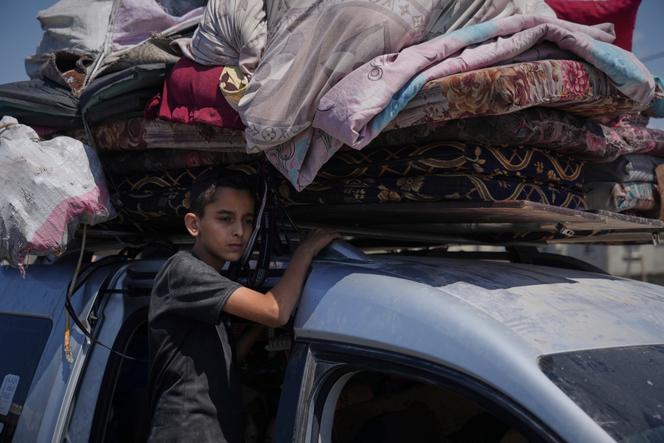


On the evening of Tuesday, September 9, as the sky above them lit up with barrages of incendiary bombs, residents of Gaza City went to sleep with mixed emotions but little hope. Earlier in the day, an Israeli strike had targeted Hamas members in Qatar who were negotiating a ceasefire agreement.
Living in her half-destroyed apartment in the Al-Shati camp near Gaza City, Basma Al-Aidi said she never believed that the repeated negotiations would end the bombardments. "Every negotiation has failed so far. I have no hope left. There will be an end to all this, but will we still be alive to see it?" said the mother of two, reached by phone and too exhausted to find the words to describe it. Israeli authorities have barred international journalists from entering the Gaza Strip since the October 7, 2023, attack.
For many Gazans, the strike on the Hamas delegation in Doha confirmed that Israel was indeed intent on destroying Gaza City. "Even if the hostages are released, they will do to Gaza what they did to Rafah: Raze it," said Abou Mohammed, a father who was displaced to the so-called "humanitarian" zone of Al-Mawassi. This area makes up just 3% of the enclave but is already packed with hundreds of thousands of Gazans and is hit by daily Israeli attacks. Others believe the entire enclave is being targeted. "Israel does not want the war to end because it is a golden opportunity for the far-right government to empty Gaza of its population. Israel wants neither a partial nor a comprehensive agreement; otherwise, it would not have struck the mediator country," said Alaa Abou Elias, who was displaced in May 2024 following the invasion of Rafah.
You have 71.31% of this article left to read. The rest is for subscribers only.
